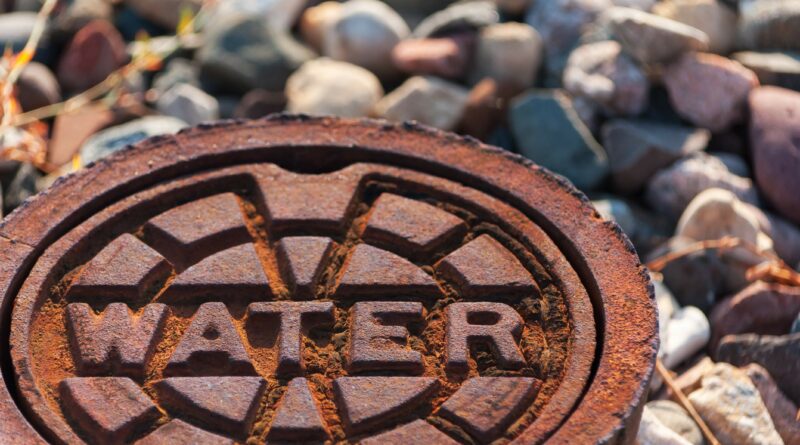Navigating Lead Service Line Replacement
After a failed corrosion control system, the City of Newark worked to replace every lead line in the city
 By Kareem Adeem
By Kareem Adeem
The temptation to sell municipal-owned utilities is always great to fill budget gaps or use the money for much-needed programs or services.
Here in Newark, New Jersey we have resisted both internal and external efforts to sell the water system, and that is where the story begins of our recent success in replacing all 23,190 lead-service lines in less than three years, which gained us the reputation as being the “model city for lead line replacement.” Those are not our words. Those are words from widespread sources, including Vice President Kamala Harris and The New York Times.
Municipal control of our water works allowed us to forge the political will to solve the problem with city, county and state governments to protect our residents’ health without corporate reliance or interference.
There are several key elements to this political will, beginning with Mayor Ras J. Baraka’s understanding of the historic importance of our water works to the city’s development and economic success. Newark is the third oldest major city in the country and our current water system was largely engineered in the 19th Century. In the early 1900s, the city purchased 35,000 acres of land in the mountains-and-lakes region of Northern New Jersey and created five reservoirs. This remains our pristine watershed.
Under the Baraka Administration, $300 million dollars have been invested in water purity technology, and improvements to water delivery and sewer infrastructure. This is in addition to the $192 million we spent on the lead line replacement program.
Despite false narratives pushed in the news, we began to look for causes and solutions to our 2017 lead exceedances immediately and, with the help of our consultant CDM Smith, eventually found that our corrosion control system had faltered.
We immediately handed out over 40,000 lead filters and cartridges for home taps and instructed residents on how to use them and replaced our failing sodium silicate corrosion inhibitor with orthophosphate.
…our contractors were able to advance down our streets, replacing every line, block by block. This approach saw us repair as many as 120 pipes a day, with 25 crews working around the city.”
Next, we decided to change every lead line in the city.
Because we maintained control of our waterworks, our historical records led us to the precise locations of nearly every lead-service line, which were outlawed by Newark in 1953.
Our initial plan was for a city bonding process to replace lead service lines over a 15-year period. The city owns and maintains main supply lines (water mains), but lateral service lines are the responsibility of homeowners, so we needed our state legislature to pass a law for the use of public money to fix private property for the purpose of our program.
A few months after we started digging, Essex County Executive Joe Di Vincenzo offered to back a $120 million bond so the city could replace all the lines more quickly.
With this money in hand, a municipal ordinance was passed to allow us to change lines without the property owner’s consent. While this may seem like government overreach, 74% of Newark residents rent, and this ordinance saved us an enormous amount of time tracking down landlords, getting their permission and gaining access.
With access no longer an issue, our contractors were able to advance down our streets, replacing every line, block by block. This approach saw us repair as many as 120 pipes a day, with 25 crews working around the city.
This influx of money also allowed us to make replacement mandatory, with no cost to homeowners. Prior to that, some homeowners objected to paying even nominal fees.
Finally, our service line replacement program was an investment in our city’s human capital, of the $200 million we spent on the project, 70% of that money stayed in Newark.
We hired local Newark contractors and emphasized that they hire Newark subcontractors. We created an apprentice program to train dozens of Newark residents in lead-line replacement and other construction skills so they could get good-paying union jobs. We also helped women- and minority-owned businesses find opportunities in everything from engineering inspections to printing door hangers to inform our residents.
We accomplished this with no access to the billions of dollars now available to states for lead-line replacement by the Bipartisan Infrastructure Law.
Ultimately, what made us “the model city” was wiping out all the excuses and simply pulling together all invested parties in a collaboration of state, county and local government, contractors and the community, all with the sole focus on getting it done. And we proved it can be done.
Kareem Adeem is the director of the Newark Department of Water and Sewer Utilities in Newark, New Jersey.


